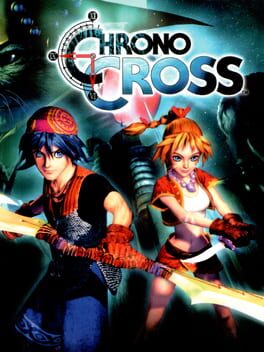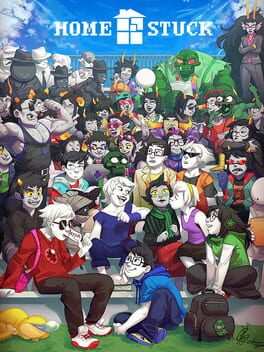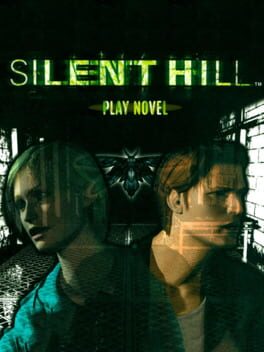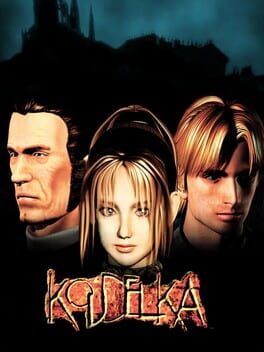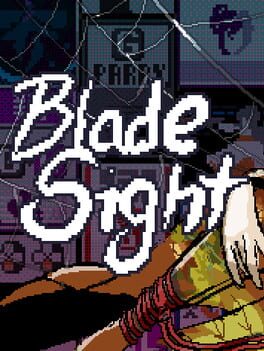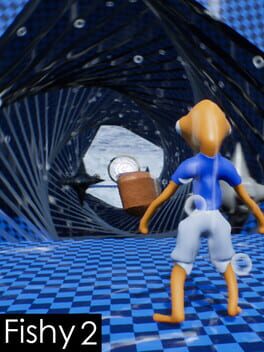She/her
Watch my youtube analyses of games!
https://www.youtube.com/channel/UC3lcrO3inD6Mgh1njkMqQkQ
Talk to me on my discord!
https://discord.gg/vkUQcRV9KF
Badges

Epic Gamer
Played 1000+ games

Replay '14
Participated in the 2014 Replay Event

GOTY '23
Participated in the 2023 Game of the Year Event

Pinged
Mentioned by another user

GOTY '22
Participated in the 2022 Game of the Year Event

Treasured
Gained 750+ total review likes

2 Years of Service
Being part of the Backloggd community for 2 years

Famous
Gained 100+ followers

Shreked
Found the secret ogre page

On Schedule
Journaled games once a day for a week straight

Adored
Gained 300+ total review likes

Listed
Created 10+ public lists

Loved
Gained 100+ total review likes

Trend Setter
Gained 50+ followers

Well Written
Gained 10+ likes on a single review

Liked
Gained 10+ total review likes

Gone Gold
Received 5+ likes on a review while featured on the front page

Popular
Gained 15+ followers

Donor
Liked 50+ reviews / lists

Best Friends
Become mutual friends with at least 3 others

GOTY '21
Participated in the 2021 Game of the Year Event

Noticed
Gained 3+ followers

Elite Gamer
Played 500+ games

Gamer
Played 250+ games

N00b
Played 100+ games
Favorite Games
1062
Total Games Played
000
Played in 2024
000
Games Backloggd
Recently Played See More
Recently Reviewed See More
This review was written before the game released
"Now don't try to leave the house on your own again, okay? I work really hard to keep you in working order........" The doll nodded in reply.
"Mhm! Sorry, owner! This one just wanted to try to go the grocery store by itself to help!" Her mouth wooden mouth pursed, in imitation of a squiggle, and her eyes flit shut in embarrassment. A subtle smile drew over the witch's face and she held the sides of her doll's head.
A sigh of happiness. "I am always gr8ful for your enthusiam, little one. 8ut remem8er to 8e careful." She kissed her doll's rough and tattered forehead, aged from time and affection, and ran a hand through her auburn hair. "You are loved more than you can ever know."
The thump thump of the clockwork heart continued as the two embraced, the rhythm of their connection in perfect synchronicity. How could the witch blame the doll for fulfilling her purpose in any way she could? She was made for her. But the thought of her breaking in her name was too much to bear.
As if the witch was made for the doll, in turn. A symbiosis, for where would maker be without creation? How could a witch live without her doll curled up in her arms, the heat of her gears warming the witch's entire body as the two drift into sleep inextricably woven?
There is no love like that between a doll and her owner.
Let them believe.
And let them have a laugh at their passions.
Because what they call passion actually is not some emotional energy, but just the friction between their souls and the outside world.
And most important, let them believe in themselves, let them be helpless like children, because weakness is a great thing, and strength is nothing.
When a man is just born, he is weak and flexible, when he dies, he is hard and insensitive.
When a tree is growing, it's tender and pliant, but when it's dry and hard, it dies.
Hardness and strength are death's companions.
Pliancy and weakness are expressions of the freshness of being.
Because what has hardened will never win.

